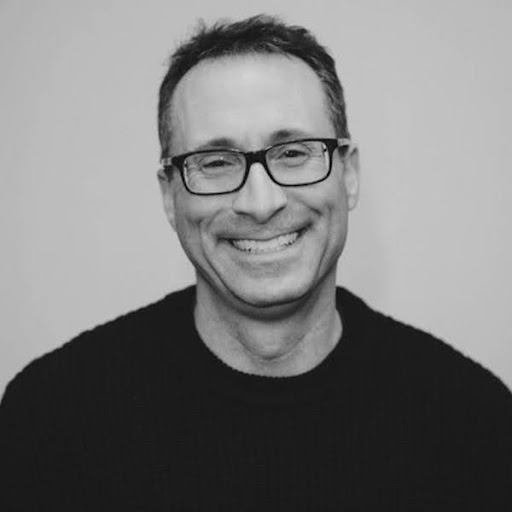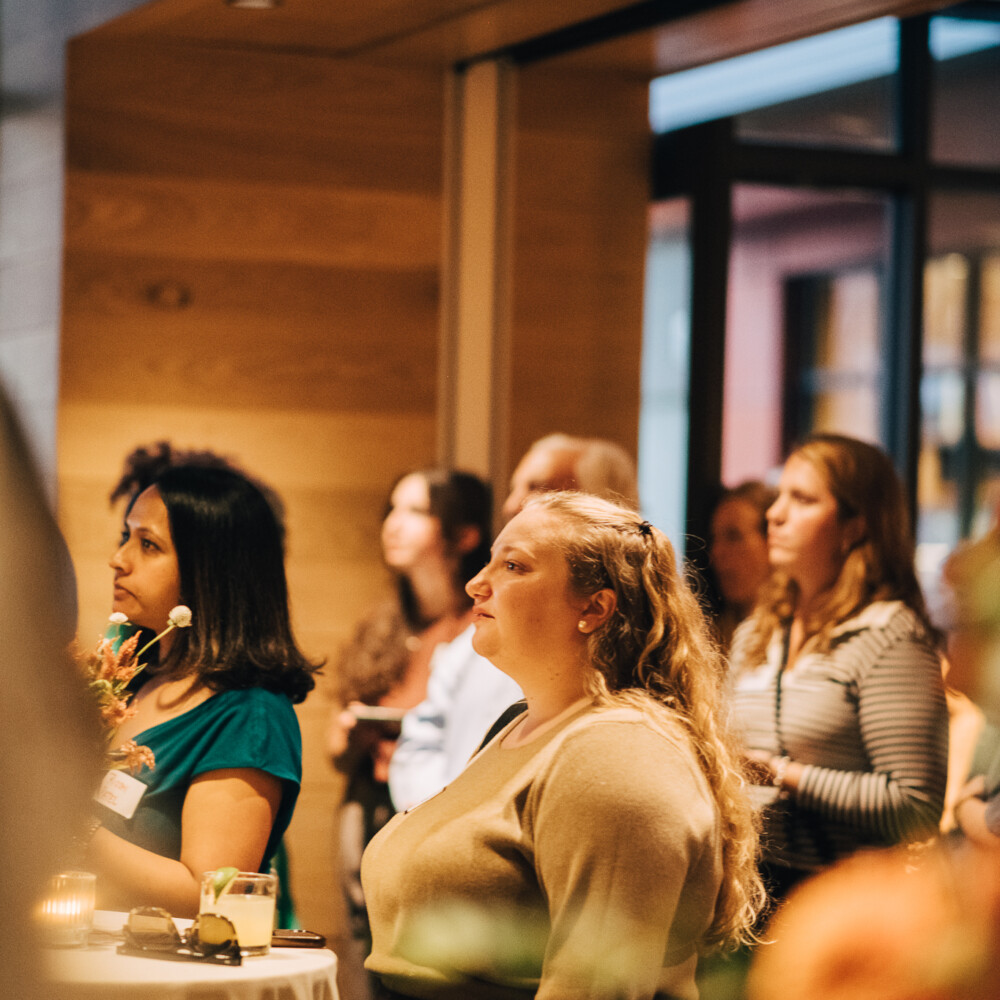
David Aronoff / Board Member Spotlight
Board Member Spotlight
David Aronoff, a native of Lyndon, Vermont, has been supporting VCET’s board since 2008. In this Q&A, he reflects on his pivotal four years at UVM, his experience working at early-stage startups, and passion for venture capital. Now at My Climate Journey (MCJ), David focuses on climate innovation, while also giving back to Vermont through his involvement with VCET.
Blaise: You grew up in Lyndon, Vermont, about 80 miles east of Burlington. Tell me about your upbringing in the Green Mountain State.
David: Lyndon was a small town of 2500 people. Everyone knew and took care of each other. You couldn’t get into a fight at school without your parents knowing by the time you got home. We never locked the door, we left our bikes out on the lawn, there was very little to no crime. It was a magical time to grow up.
Blaise: You graduated from UVM in 1986 with a degree in Computer Science. Was it always your dream to stay in Vermont for higher ed?
David: It was the exact opposite. My mom, my sister, and a dozen cousins went [to UVM]. And I had no interest – I was going to go to Cornell, I got in. But in my senior year of high school, my father effectively lost all his businesses. And I ended up being admitted into the inaugural class of Vermont Scholars at UVM (now called Green & Gold), getting a full scholarship. So I came out with zero debt, which really just put me on a trajectory that I couldn’t imagine, and really indebted me to UVM. As much as I was not excited to go, I loved it. I had the best time there. And best friends to this day are still from UVM.
Blaise: Tell me about your early professional career – you worked for a few early-stage startups in Boston before getting into investing.
David: Out of college, I went to work for AT&T Bell Labs, which at the time was one of the preeminent research labs in the world. It was this massive company – the plant that I went to work in had three times as many people as my hometown, and it was just mired in bureaucracy. But they sent me to get my Master’s in Computer Engineering at USC in California, and then I ended up coming back [to AT&T], staying for less than a year, and then moving to Boston to join a startup that one of my fraternity brothers at UVM was working for. And that was the quintessential venture rocketship – it went from zero to $350 million in revenue in five years and we took it public. Then I went back to business school [at Harvard] and in between academic years, I was given money from a group of wealthy angels who said, ‘The internet’s just turning commercial, go figure out something interesting to do.’ And so I ended up co-founding this company, HappyPuppy.com. We turned it into an e-commerce site, one of the first, and focused on video games, electronic games, and online gaming – all very nascent at that point.
Blaise: So how did you transition into venture capital – why the pivot?
David: My wife and I had our first child right before business school, and I wasn’t sure if our startup had a sense of what our unit economics were, and how you build a profitable business out of it, so I let my partner take it. And I ended up getting a job at Greylock, which is one of the long-standing, preeminent venture firms in Boston. And my plan was to stay there for a year. I ended up staying for almost ten. It turned out that I really enjoyed the work and I was pretty good at it. And I stayed until it was clear that the headquarters was going to move from Boston to Silicon Valley. And so I ended up joining the only other partner to have ever left Greylock at the time. He had left a couple years before me and started a new firm called Flybridge, along with one of my best friends. And so ended up joining them and stayed for 15 years.
Blaise: What do you enjoy most about venture capital? You’ve worked for a few firms at this point.
David: It’s such a frenetic pace, where you’re totally context switching all the time – it turned me into having institutionalized ADD or ADHD. And so you’ve got to really enjoy the action of it and be able to think strategically, decisively, and quickly. The biggest draw was just backing amazing entrepreneurs who had these visions on how to bend the world to their own reality. It’s an adrenaline rush. And I’m a junkie for it.
Blaise: Dave always talks about how VCET is looking for Team, Tech, and Timing in the startups we invest in. How would you describe your investing philosophy?
David: It all centers around the team. You’re backing talented entrepreneurs who figure out a way. There are a few different characteristics that seem to be throughlines from generation to generation: They’re great storytellers, they’re great cheerleaders, and they’re able to recruit people that they should have no business recruiting. Great teams are keen observers of timing, too, and figure out how to surf the wave as opposed to being underneath it or on top of it.
Blaise: You left Flybridge to join My Climate Journey (MCJ) in 2020 as Chairman and Managing Partner. What is the company’s mission and why the pivot?
David: At the end of 2019, I told our [Limited Partner’s] at Flybridge that I was going to retire, but there were a bunch of things I still wanted to do. And one area was focusing on climate and the impact that entrepreneurship could have on it. And to make a long story short, I came upon this great entrepreneur who had the largest community in the world of folks focused on cooperating and collaborating on climate technology and innovation, and had an incredibly popular podcast [“My Climate Journey”] which now boasts 2.5 million downloads and 520 episodes. He’s like a human LinkedIn and came to the realization that there may be something here, but didn’t know anything about venture capital, other than he had taken some. And that’s when I met him and we traded knowledge for knowledge. About six months in, which is a little over three years ago now, I joined him full time as one of the Managing Partners and the Chairman. And now we’ve just closed our second fund, we’ve got about 93, 94 portfolio companies across the two funds, we’re one of the most active investors in the space. We have a very different approach than what I took at either Greylock or Flybridge: It is not being the lead investor and taking board seats, it is being a collaborative and supportive investor in the syndicate. And really focusing all our efforts that we don’t spend on negotiating term sheets and sitting on boards to portfolio support for the companies.
Blaise: You’ve also served for the VCET board since 2008. Why does VCET’s work matter to you?
David: I’ve known Dave since college, he was friends with friends. And when I think about how much Vermont means to me… I give UVM such credit for what I’ve been able to accomplish in my career. And so the idea of trying to give back to my home state was exciting for me. I think it’s essential that Vermont find different strains of an economy to drive the state. My big worry is that the tax rates continue to increase, the prices for housing continue to increase, and infrastructure is poor. We’ve got problems with the education system not being funded enough. And I think the only way for Vermont to get out of it is to innovate. And so the idea that VCET backs companies that are in Vermont is very exciting. Do I think that Burlington’s ever going to become Boston or New York or Silicon Valley or Austin or Atlanta? I think it’s going to be hard. But this idea that there can be hubs in the state – I think there’s a real opportunity there – and VCET is at the heart of it.
Blaise: What’s been your highlight from the time on the board?
David: A few years ago, I had a pizza dinner with a bunch of UVM students who were talking about ways to focus on driving innovation at the university. And it was done in the offices of VCET – Dave sat with me, it was awesome. I always get the biggest energy boost out of meeting with entrepreneurs.
Blaise: What’s your perfect Vermont day?
David: It would be in the winter. And I’d probably start with skinning up Spruce at Sugarbush. Maybe with Dave, although he’s got one of those funky splitboards. And then after lunch, I’d go fat biking in the town forest of Stowe. And then making a big family dinner around the fire. I’m fortunate because that happens several times every winter for us.
This interview has been edited for brevity and clarity.
For more on David, check out his episode on the My Climate Journey Podcast in 2023.



